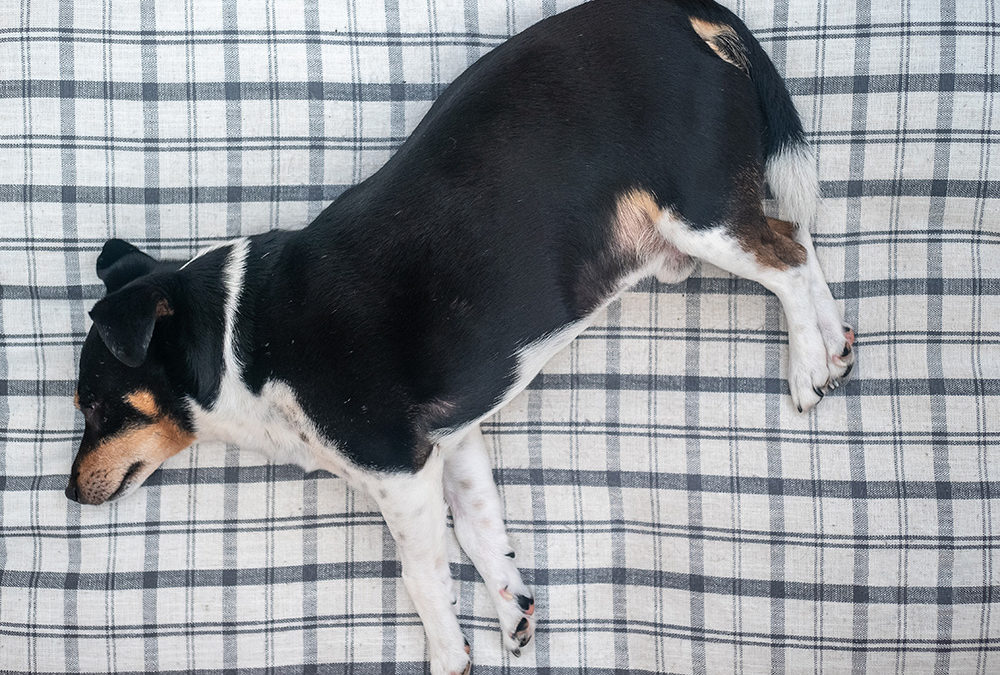There has been a lot in the media in the past few years about how diabetes is increasing in our society. It’s interesting that diabetes seems to be increasing in dogs as well as people. However, it is really important to realise that dogs don’t become diabetic simply because they are overweight. They become diabetic because their pancreas is not making the correct hormone any more and this can be due to a number of reasons. Unlike people, they cannot be managed by diet and tablets. Instead, they usually need injections daily. If left untreated, they progressively get worse over a fairly short period of time, until they become dangerously ill and death can result.
Any breed can be affected from large to small, slim or chubby, active or lazy. Middle age is the time of life most dogs become diabetic.
So, what early signs do you look out for? At first it can seem just as if your dog is slowing down a bit and less lively than normal. Later you might notice your dog is drinking a lot of water and maybe urinating more than before. Sometimes they are ravenous but losing weight. Later still they will stop eating and sometimes start vomiting. A simple urine test will pick up any signs of early diabetes before dogs become really unwell.
Managing diabetes is a team effort with vets, owners and pets all working together. Often owners can feel daunted at the thought of having to give daily injections but it quickly becomes part of your daily routine and it is satisfying knowing you are keeping your dog healthy.
Injections are only one part of the treatment. It is just as important to control the type of food diabetic pets eat, as well as how often and how much needs to be given.
Once a routine is established diabetic dogs usually thrive and lead happy, normal lives without their diabetes interfering in their activities. Owners become experts at managing their own dog’s diabetes, with occasional back up and help from the vet clinic for minor adjustments.
Contact us if you have any questions or if you would like to get your dog’s urine checked on 03 5244 4202 or by email info@southvalleyvet.com.au






